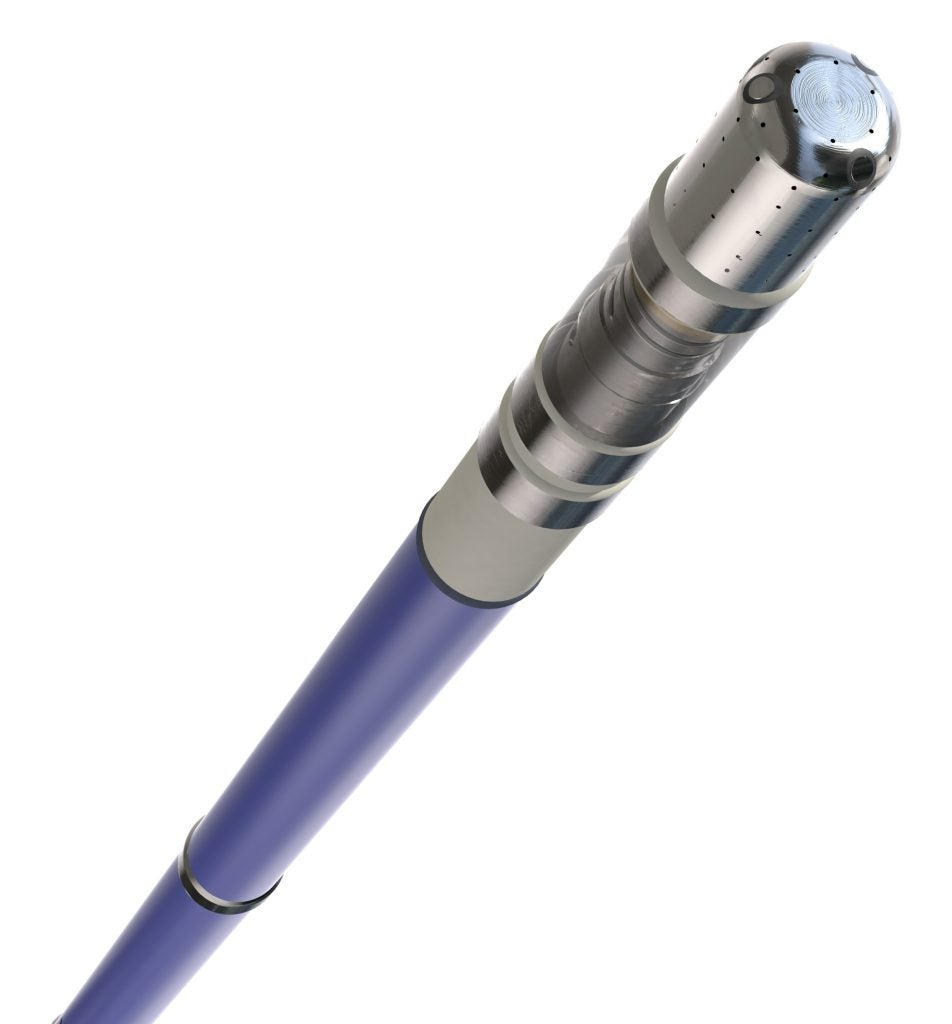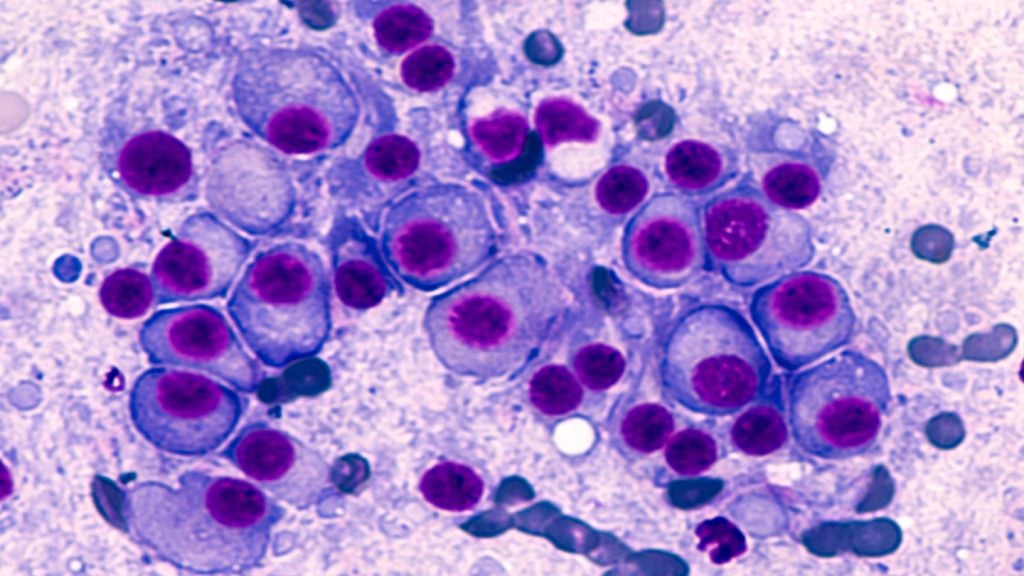US-based pharmaceutical company Trevi Therapeutics has begun a Phase IIa RIVER clinical trial of its investigational therapeutic Haduvio (oral nalbuphine ER) to treat refractory chronic cough.
The randomised, placebo-controlled trial will analyse the efficacy and safety of Haduvio in reducing refractory chronic cough in patients.
It will enrol 60 participants, who will be randomised into a 1:1 ratio between those with ten to 19 coughs an hour and those with ≥20 coughs an hour.
The relative variation in 24-hour cough frequency from baseline to day 21 for Haduvio versus placebo will be the trial’s primary efficacy endpoint.
Secondary endpoints, including subject-reported outcome measures for dyspnoea and cough, will also be analysed.
Trevi Therapeutics expects to report topline findings from the trial in the second half of next year.
Haduvio is a dual ĸ-opioid receptor agonist and µ-opioid receptor antagonist whose central and peripheral mechanisms of action take place in the lungs.
The therapy has a synergistic anti-tussive effect that could help treat chronic cough.
Trevi Therapeutics president and CEO Jennifer Good said: “We are excited about the initiation of the RIVER study in refractory chronic cough.
“Based on our positive data in idiopathic pulmonary fibrosis chronic cough, we believe Haduvio has the potential to provide therapy for severe cough across a broad range of cough frequencies through its differentiated central and peripheral mechanism of action.
“The RIVER study will not only enrol severe refractory chronic cough subjects in the high cough frequency population but also subjects with a moderate cough frequency, where a significant unmet need still exists.”
Earlier this year, Trevi Therapeutics reported positive data from the Phase II CANAL trial of Haduvio.
The trial examined Haduvio’s efficacy among difficult-to-treat patients with a chronic cough in idiopathic pulmonary fibrosis.
It found that treatment with nalbuphine ER led to a quick and marked reduction in recorded daytime cough among patients.
















